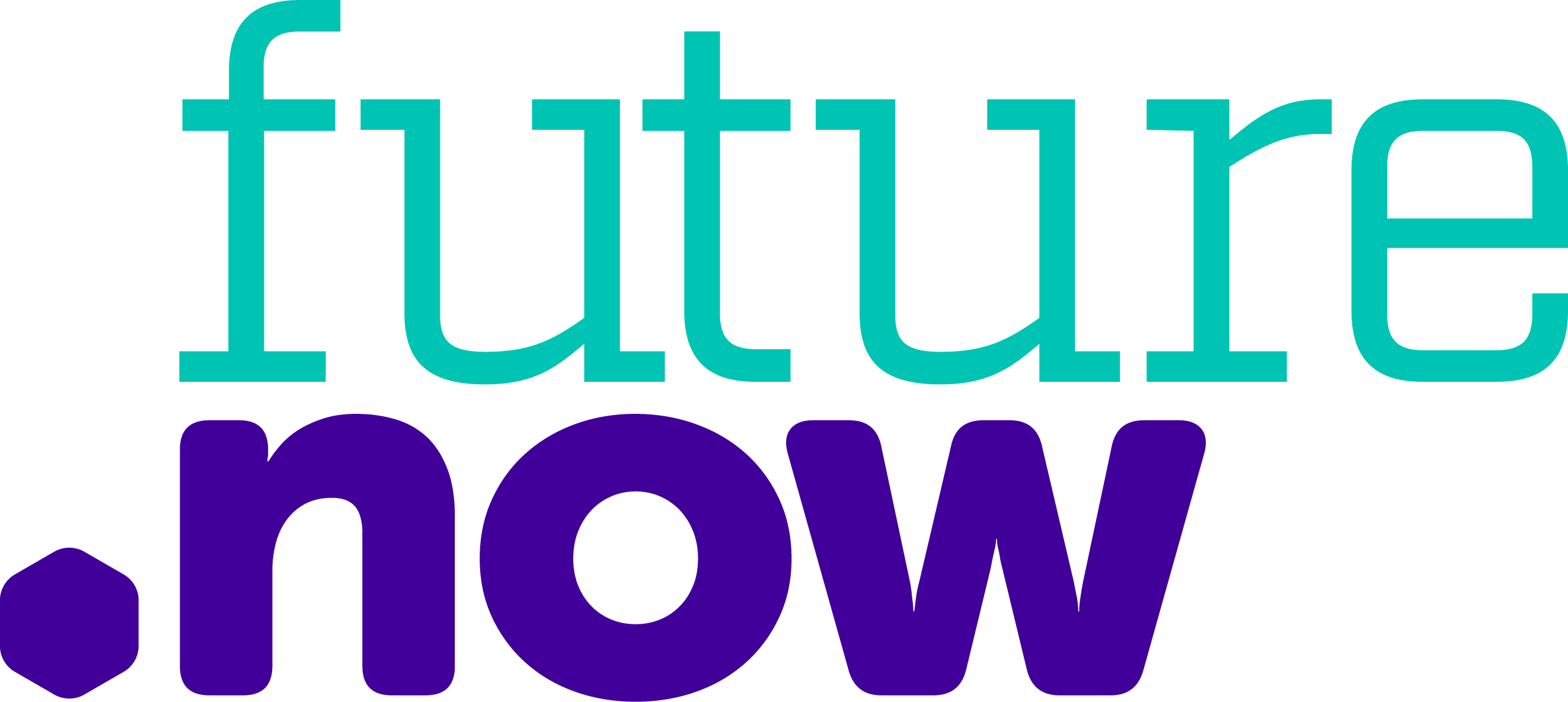Lynsey Marshall, Head of Adoption (Digital and Data) for Marks and Spencer discusses how M&S has used the ‘big bang culture shift’ model to engage all its employees with digital, and equip them with essential skills.
 “Digital is at the heart of M&S’s whole proposition. Our customers expect us to offer value through digital experiences and services, and driving growth in our business requires our colleagues to work smarter, enabled by digital and data. So, about 18 months ago, with support from our co-CEO, Katie Bickerstaffe, we started to think about the broader digital skills of our colleagues and whether they were in a position to support our ambitions and our customers.
“Digital is at the heart of M&S’s whole proposition. Our customers expect us to offer value through digital experiences and services, and driving growth in our business requires our colleagues to work smarter, enabled by digital and data. So, about 18 months ago, with support from our co-CEO, Katie Bickerstaffe, we started to think about the broader digital skills of our colleagues and whether they were in a position to support our ambitions and our customers.
“At the same time, we joined FutureDotNow and really engaged with its Hidden Middle report. It clearly shows the digital skills gaps in the UK’s workforce and the huge benefits of filling these. This gave us a vital footing with senior stakeholders, and brought to life the need for investment in this area beyond what we were already doing to drive data skills and ways of working through our BEAM Academy.
“On the back of this, we held listening groups and conducted surveys to really understand what it’s like on the frontline. It’s very easy for us sitting outside of that environment to think ‘you’ve got your tablet, you’ve got your app, you’ve got Teams, you’re okay’.
“We quickly discovered we were in a place that mirrored what was in The Hidden Middle Report. Colleagues told us they weren’t engaged with digital because they didn’t feel it was relevant to their roles and the training we were offering wasn’t accessible, leaving them without skills and confidence.
“Colleagues told us that for this topic, at this time in their journey, it needed to be face-to-face and practical to help them see and use digital differently.”
“We knew we had to go big to support [colleagues] in their roles and for them to better support our customers.”
“This led to us setting ourselves the challenge of delivering face-to-face training to every one of our 50,000 store colleagues.
“After testing and retesting our training, we have a workshop colleagues have told us is making a difference. It allows them to work through their challenges with devices in hand, covering best practice. We’ve also made sure people from all areas and all levels of the business attend the training to show it’s for everyone and a good investment of time. We’ve designed and delivered in-person programmes for store managers and colleagues, distribution managers and operatives, and support centre teams – fostering more capable, confident colleagues in digital and data.
“So far, we’ve seen a 90% increase in colleagues saying they feel extremely confident digitally – and we’re not done. This programme is kickstarting longer digital development journeys that are more bespoke to individuals, and we’ve seen much more engagement with our wider digital training offer with 26,000 learning sessions taking place this year, compared to 14,000 last year. Colleagues have told us that doing the training has given them the confidence around broader life skills, such as applying for management training programmes.
“Our ambition is to move fast because digital is changing all the time.”

What’s your advice to others?
- Use external research, such as that undertaken by FutureDotNow, to help senior stakeholders understand the Essential Digital Skills challenge your business may be facing.
- Carry out internal research to understand the levels of digital skills and confidence of your workforce and the digital challenges they face.
- Get your employees to test and retest your training so you can learn from their feedback and keep improving your training offer.
- To create a culture shift, make sure your leaders take part in training alongside more junior members of your workforce. This will help everyone to see that the training you’re doing is important.
How has FutureDotNow supported you?
- Data and insights from FutureDotNow reports have helped M&S understand the digital skills challenge we’re facing and engage senior leaders with the issue.
- FutureDotNow membership and events have helped M&S raise their profile in this space, which is helping to change perceptions of our organisation.
- Networking opportunities have helped M&S to share knowledge and experiences with other organisations, something we previously struggled to do.
Big bang culture shift is just one of the training models used by FutureDotNow coalition members to digitally upskill the workforce. To see a breakdown of other models and hear from the companies that use them, click below.

